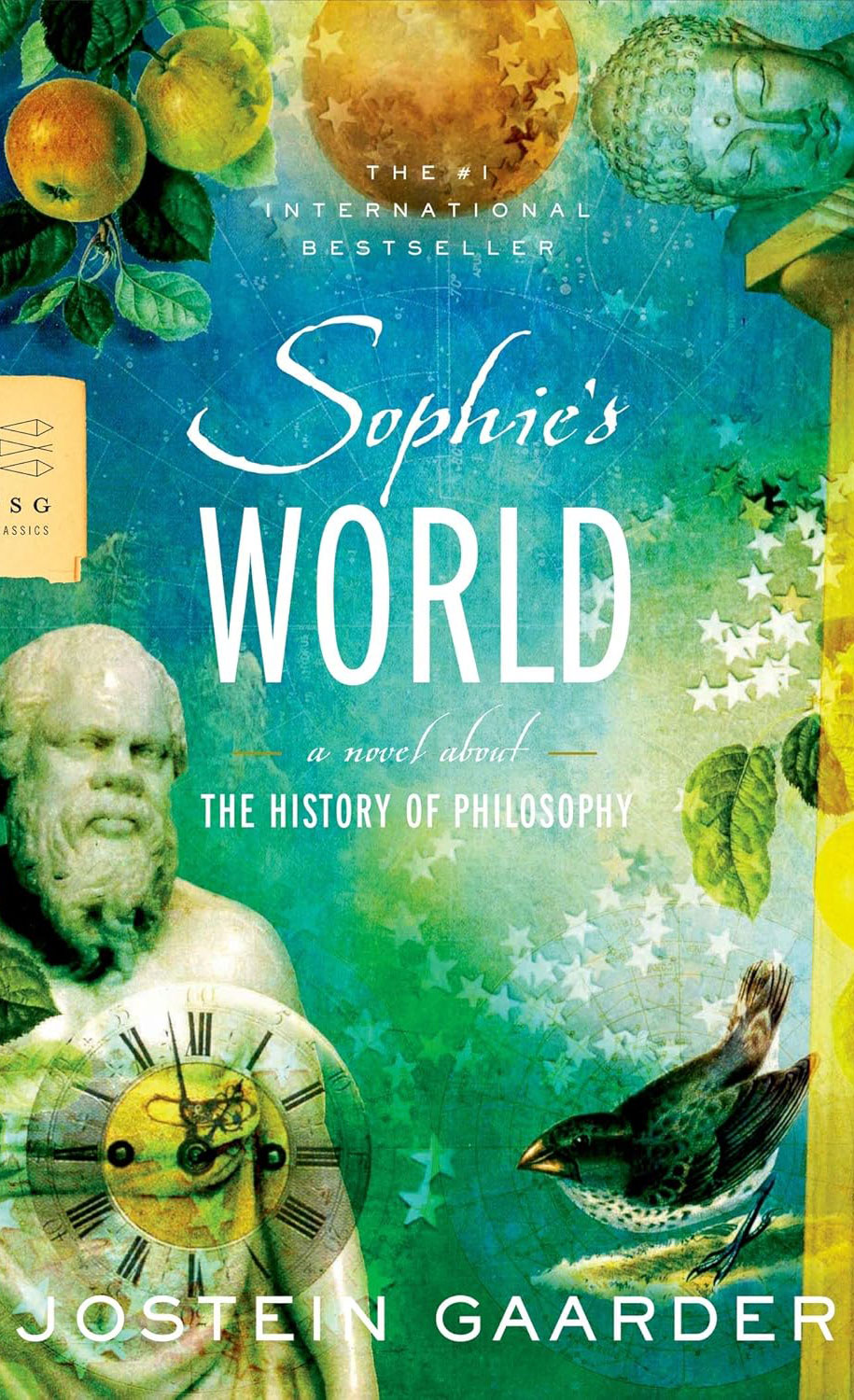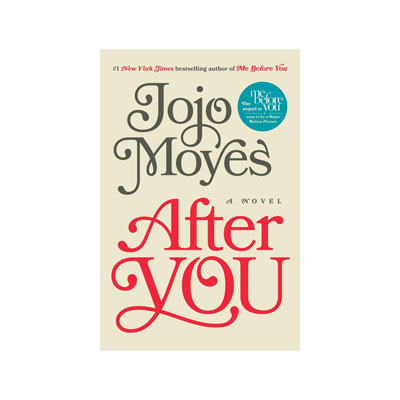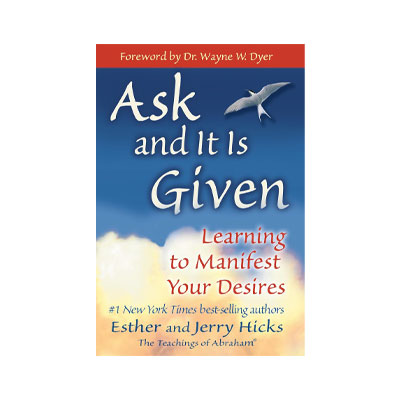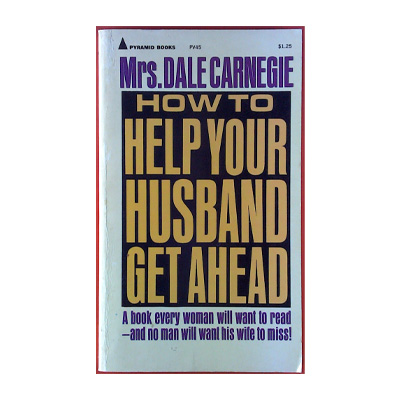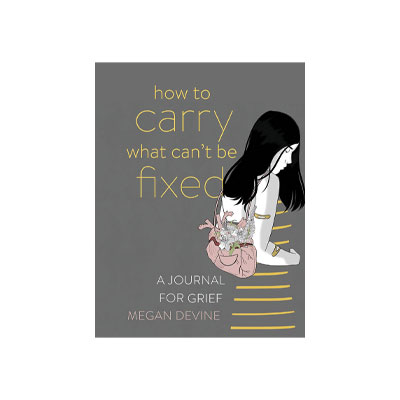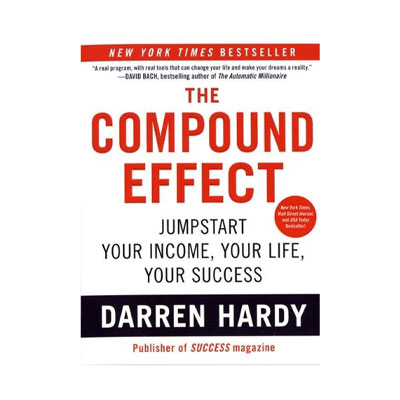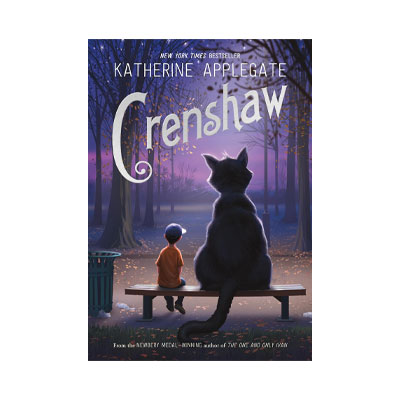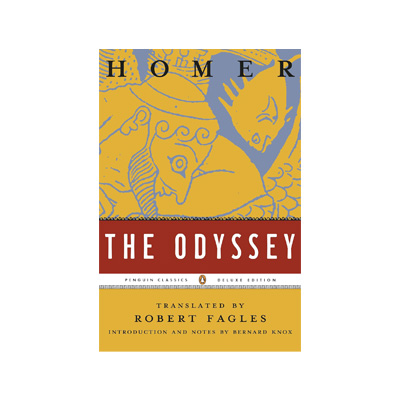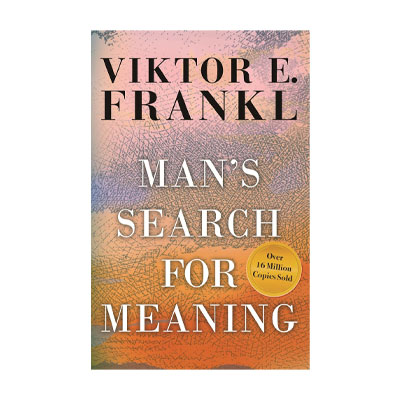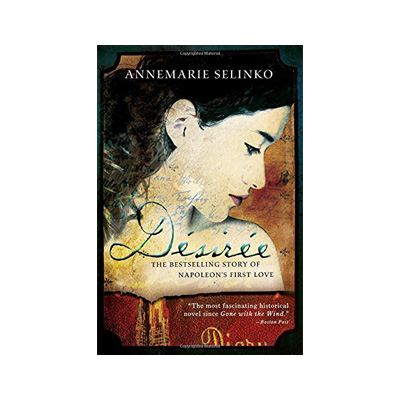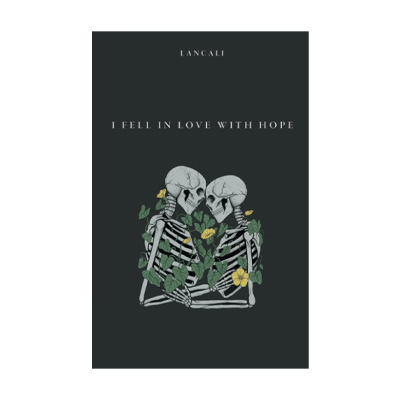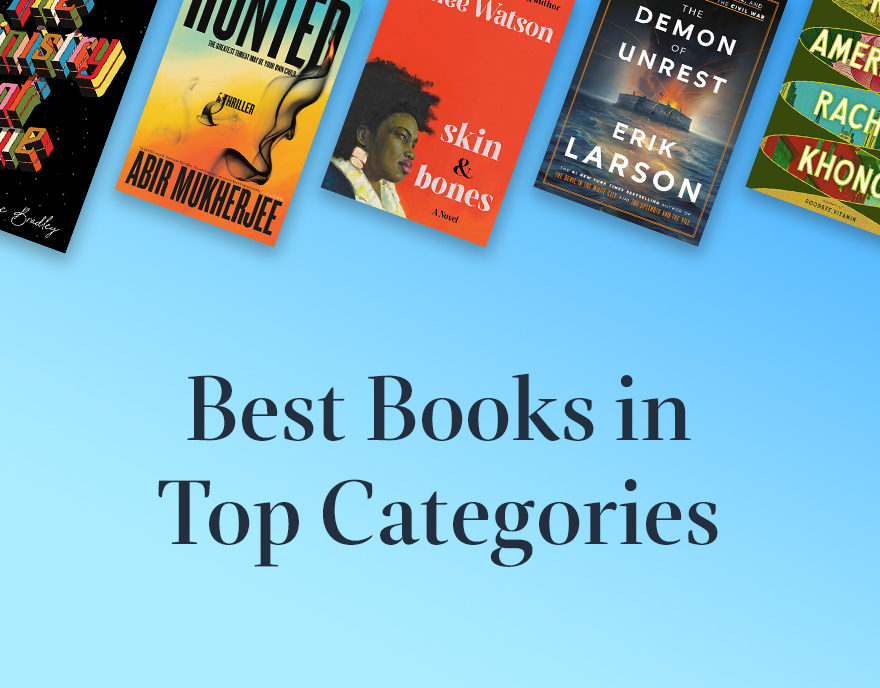Book Summary
The philosophical story of "Sophie's World" is one of the top works in this genre, written by Jostein Gaarder. The narrative begins when a girl named Sophie Amundsen, who is an only child, receives a letter after returning from school. The letter contains only one sentence: "Who are you?" This is not the end of the story, as she soon receives another letter asking, "How did the world come into existence?" Receiving such letters leads Sophie to contemplate concepts such as life and death. She also finds a postcard in her mailbox sent by a father to his daughter named Hild, despite Sophie not knowing who Hild is.
The letters keep coming, and they no longer contain just one sentence but include texts that immerse Sophie into the world of philosophy. Through her readings, she becomes increasingly familiar with natural philosophers like Socrates and Plato, as well as rationalists such as Spinoza and Descartes, and figures like Berkeley and Locke. Sophie, a 14-year-old girl living in Norway, receives these letters without her mother's knowledge and experiences conflicts with her. At times, she allows herself to test various philosophical theories on her own life.
After some time, she realizes that the letters are written by a philosopher named Alberto Knox, who sends them through his dog named Hermes. A key moment in Knox's discussions is when he shows Sophie that philosophy is so important that we must question our lives through it; otherwise, our existence will lose its meaning. He does not stop there and discusses Western philosophy and ancient myths, providing Sophie with further explanations about Democritus and his theory of indivisible atoms.
Alberto Knox also sends a video from present-day Athens that connects Sophie's understanding of ancient Athens to that historical context. The plot takes an interesting turn when Sophie receives postcards dated June 15th, which happens to be her birthday. The meeting between Alberto and Sophie eventually occurs, and as she listens to him, she begins to understand how the events of her life are related to philosophy. Their conversations continue about Indo-European culture, Jesus Christ, and the theories of Locke and Hume, among others, leading the book to a point where Hild takes over the narrative.
The stories of Hild and her father, along with Sophie and Alberto, become increasingly captivating, requiring more focus for comprehension as one approaches the end.
About the Author
Jostein Gaarder is a Norwegian author born in 1952. Initially a philosophy teacher, he completed his studies in philosophy and theology at the University of Oslo. Some of his notable works include "The Orange Girl," "Hello, Is Anybody There?", and "The Solitaire Mystery."
Who Should Read the Book?
This book primarily targets those interested in philosophical stories, especially works that discuss the theories of various philosophers. Additionally, fans of Jostein Gaarder's writings should definitely place this book at the top of their reading lists.
Table of Contents
The philosophical narrative of "Sophie's World" is presented in a precise summary across 11 chapters with the following titles:
- Looking at the World Like a Philosopher
- Human Curiosity: The Reason for the Emergence of Philosophy
- Natural Philosophers' Critique of Mythical Gods
- Socrates
- Writings of Plato and Socrates
- Aristotle's Critique of Plato
- The Middle Ages
- The Historical Conflict Between Empiricism and Rationalism
- Immanuel Kant's Role in the Dispute Between Rationalism and Empiricism
- The Modern Era in the History of Philosophy
- The Expansion of Naturalistic Approaches
Book Quotes
Ladies and gentlemen! We are floating in space...
A government that does not educate women is like a man who only exercises his right arm.
A hydrogen atom in a cell at the tip of my nose was once part of an elephant's trunk; a carbon atom in my heart muscle was once in the tail of a dinosaur.
The best thing that can happen is to have energetic opponents.
The gazebo was built by her grandfather when their first child passed away a few weeks after birth. The child's name was Marie. On her gravestone, it was written: "Little Marie came to us, said hello, and left."
People in Abyssinia think the gods are black with broad noses, while the Thracians see the gods as blue-eyed and blond. If cows, horses, and lions could paint, they would probably depict the gods as cows, horses, and lions.
Most people believed that illness was caused by supernatural causes. The word influenza actually means the sinister influence of the stars.
Hilde's father had the role of the omnipotent in Sophie’s world.
Dear Hilde, if the human brain were so simple that we could understand it, we would still be so stupid that we wouldn't understand anything of it.
The only thing needed to become a good philosopher is to possess a sense of wonder!
A question for which you cannot find an answer is never foolish!
Isn't it strange that one does not know who they are? And isn't it unfair that a person has no hand in their own appearance? This face has been imposed on them. A person can choose their friends, but their true self is not chosen by them. Even being human is not something they choose.
Aristotle, as I mentioned before, was concerned with changes in nature. "Substance" always has the ability to realize a specific "form." It can be said that "substance" is constantly striving to bring something from potentiality into actuality. Every change in nature, according to Aristotle, is a transformation of a substance from "potentiality" to "actuality."
The key term in Sartre's philosophy, like Kierkegaard's, is "existence." But existence here does not mean being alive. Plants and animals are also alive; they exist but do not have to think about their existence. Humans are the only living beings aware of their own existence. Sartre said that material things exist "in themselves" – per se – while humans exist "for themselves" – for itself. Thus, human existence and the existence of objects are not the same.
Projection is attributing qualities to others that we try to suppress within ourselves. A person who is, for example, very stingy calls everyone else greedy. And someone who is constantly thinking about sexual matters becomes most angry about the lustfulness of others.
According to Hegel, studying history shows that humanity is moving toward greater reason and freedom. Historical growth, with all its struggles and pauses, has been forward-moving. For this reason, it is said that history is purposeful.
Spinoza emphasizes that only one existence is completely and absolutely "self-causing" and can act with total freedom. Only God or nature embodies such a free and "non-random" process. Humans can strive for freedom and liberation from external constraints, but they will never attain free will and "free choice." We have no control over what happens to our bodies – which is an aspect of our material state. We also do not choose our thoughts. Thus, humans do not possess a "free spirit"; they are somewhat trapped in a mechanical body.
The Renaissance brought forth a new perspective on humanity more than anything else. The humanism of the Renaissance, contrary to the dogmatic emphasis of the Middle Ages on human sinfulness, led to a new belief in humanity and human value. Humans were now regarded as immensely noble and worthy. One of the main figures of the Renaissance was Marsilio Ficino, who said: "Know yourself, O divine being in human form!"
Everything you see is part of your surrounding world, but how you see it depends on the glasses you wear.
Aristotle asks: How should one live? What does it take to live well? And he answers: A person can only be happy if they utilize all their abilities and potentials.
Heraclitus emphasized that opposites are a characteristic of the world. If we were never sick, we would not know what health is. If we were never hungry, we would not enjoy being full. If there were never any wars, we would not appreciate peace. And if there were no winter, spring would not come either.
Is there something that everyone is interested in? Is there something that pertains to everyone – regardless of who they are and where they live in the world? Yes, dear Sophie, there are topics that are certainly of interest to all. And the subject of our educational course is precisely these topics.
